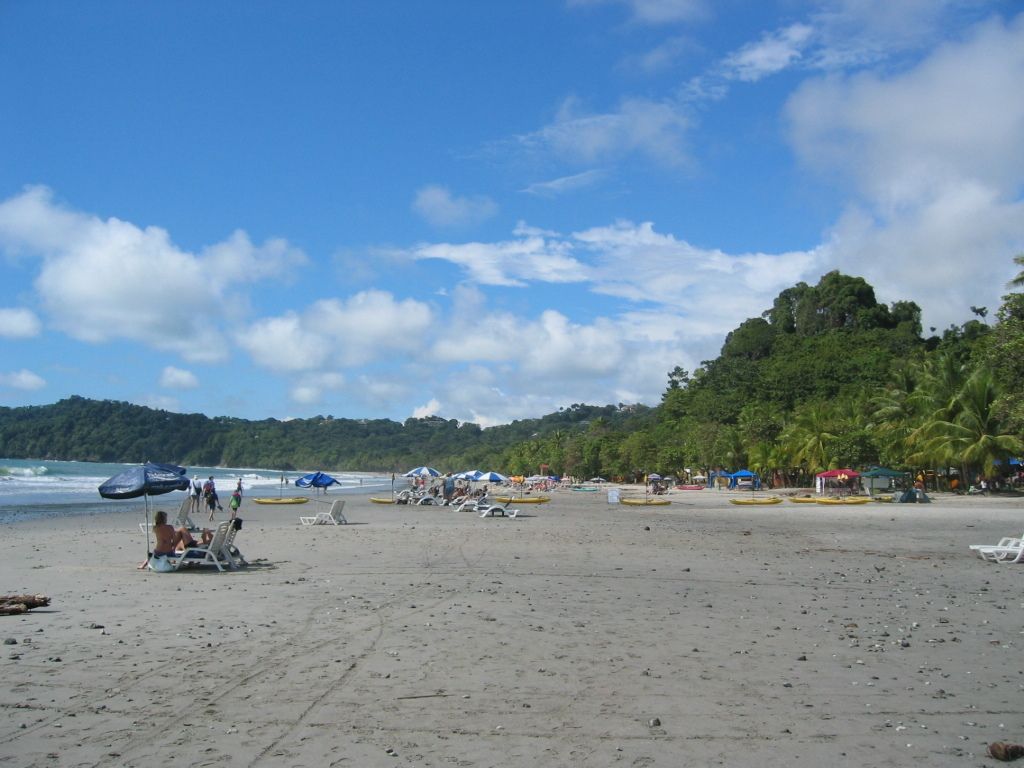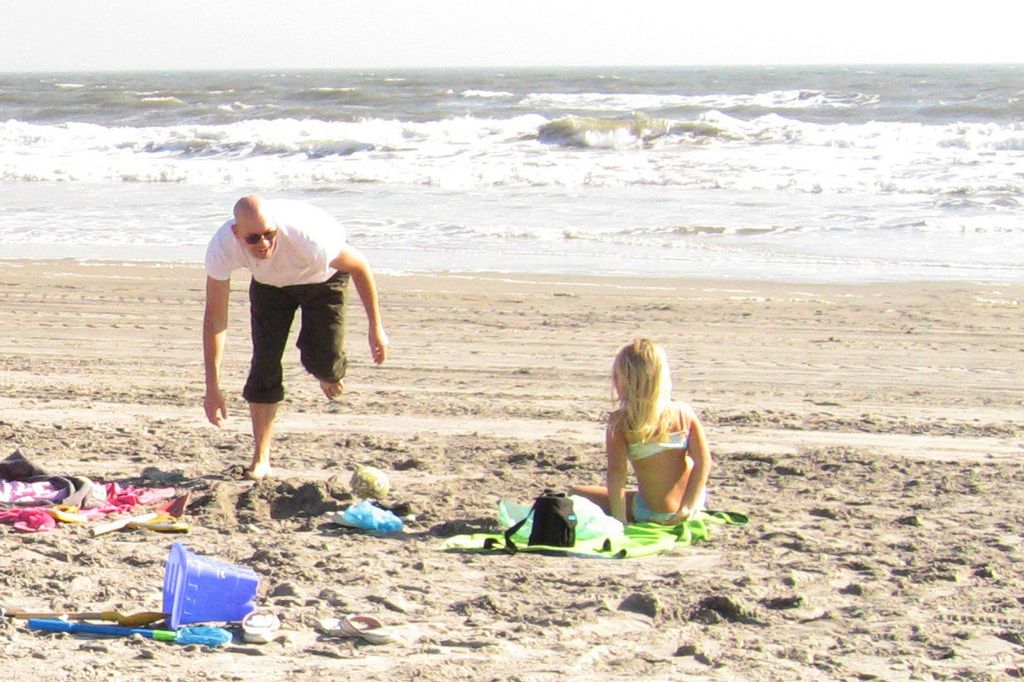Mastering Swimming Skills Among Berlin's Young Scholars on the Rise
The Swimming Ability Boom Among Berlin's Elementary School Students
More Berlin schoolchildren Possess Swimming Certification - A notably greater number of Berlin residents have acquired pool-access permits.
Recent statistics reveal a considerable enhancement in swimming competencies among third-graders in Berlin's elementary schools. According to data from the Senate, merely 24% of students were non-swimmers during the 2023/2024 school year, a significant decrease compared to the past years' figures, which hovered around 25% and 36%.
Despite these encouraging figures, the numbers might not fully reflect a child's swimming capabilities. Around 28,585 third-graders participated in swimming lessons at school during the previous school year.
Geographical Swimming Proficiency Gaps
Interestingly, disparities in swimming ability seem to exist among the districts. Lichtenberg, Neukölln, Spandau, and Mitte demonstrated the highest proportions of non-swimmers. In contrast, Steglitz-Zehlendorf, Charlottenburg-Wilmersdorf, and Pankow demonstrated better swimming proficiency levels.
Factors Accounting for the Disparities
- Access to Swimming Facilities: Districts equipped with a higher number of swimming pools and aquatic centers may offer more opportunities for children to learn and practice swimming.
- Socioeconomic Factors: Higher socioeconomic backgrounds may grant families more resources to enroll children in swimming lessons outside of school.
- Cultural and Language Barriers: Districts with a larger immigrant population may grapple with language barriers and cultural prejudices towards swimming.
- School Infrastructure and Programs: Variations in school budgets and priorities sway whether swimming is incorporated into physical education and the quality of instruction provided.
The Impact of Free Intensive Swimming Courses During School Breaks
To help students improve their swimming skills, free intensive swimming courses are provided during school holidays. These courses strive to accelerate learning by offering focused skill development, equal opportunities for students from all backgrounds, and providing motivation and engagement during the holiday period.
While the effectiveness of such programs is subject to numerous factors, studies in physical education highlight that, if well-executed and widely accessible, these programs can result in measurable improvements in swimming competencies. The key factors for success are certified instructors, appropriate curriculum, and adequate practice time. Participation rates and follow-up opportunities are essential for continued progress.
In conclusion, the disparity in swimming skills among Berlin elementary school students is influenced by multiple factors, including access to swimming facilities and socioeconomic conditions. The free intensive swimming courses offered during school breaks appear to be a promising initiative to bridge the skill gap and empower children with the essential swimming skills they need. However, more localized research would be indispensable to accurately evaluate the impact of these programs within the districts and identify means to enhance their effectiveness.
- The community policy of expanding access to swimming facilities in areas with fewer pools could significantly contribute to the improvement of swimming proficiency among Berlin's third-graders, especially in those districts such as Lichtenberg, Neukölln, Spandau, and Mitte, that currently demonstrate higher proportions of non-swimmers.
- Integrating vocational training in the field of science, health-and-wellness, fitness-and-exercise, education-and-self-development, and learning, as part of the swimming courses offered during school breaks, would provide children with additional skills and knowledge, enhancing not only their swimming abilities but also their overall development.
- Encouraging vocational training programs that focus on water-related jobs can be an effective means of maintaining interest in swimming among students, as continued learning and practical application of swimming skills can be a part of their future careers, ensuring that the gains made during the free intensive swimming courses are sustained and applied in real-world scenarios.








